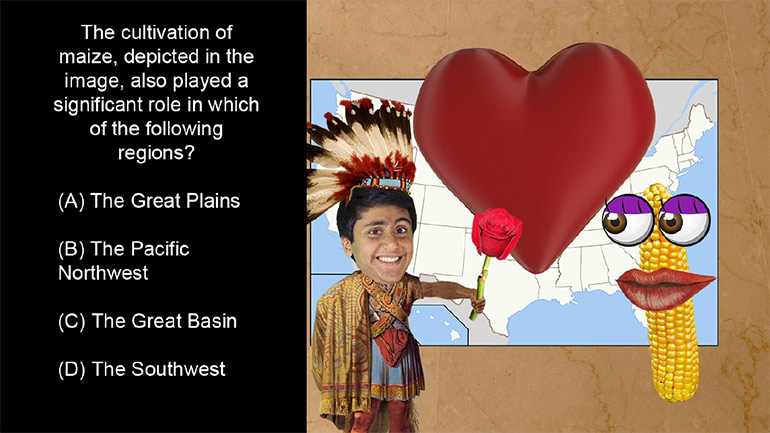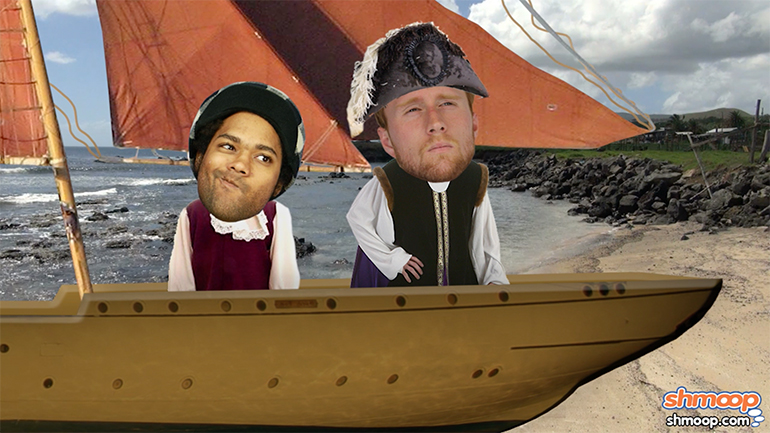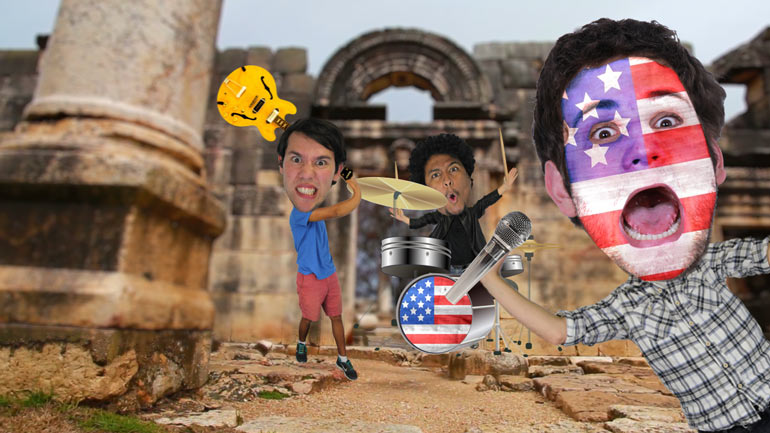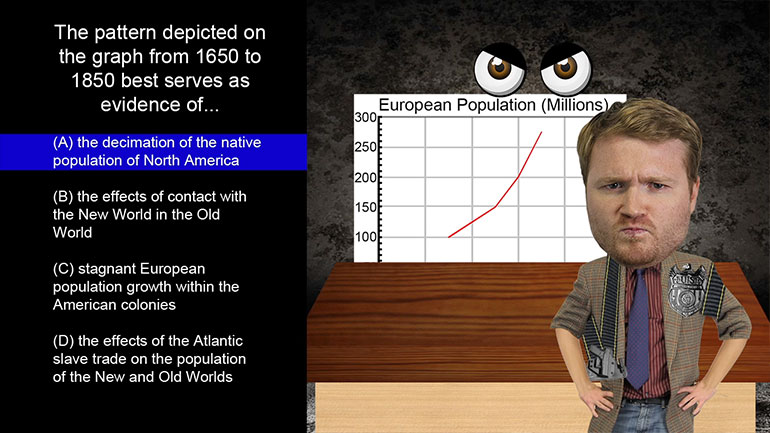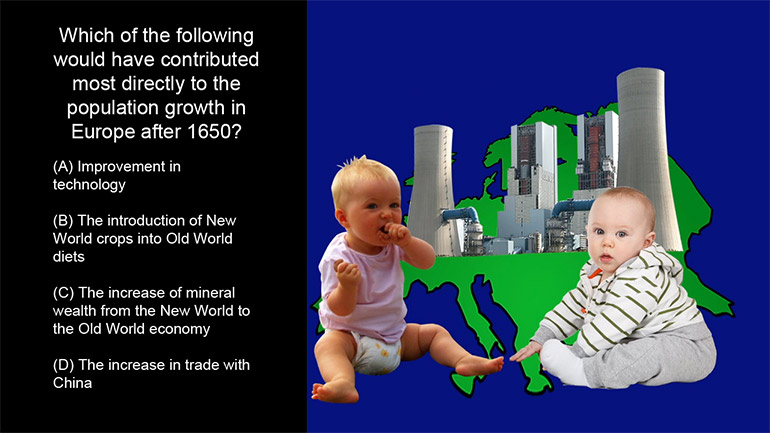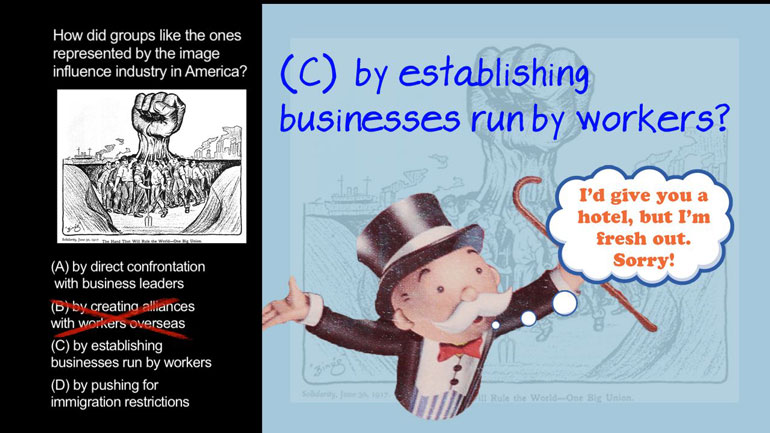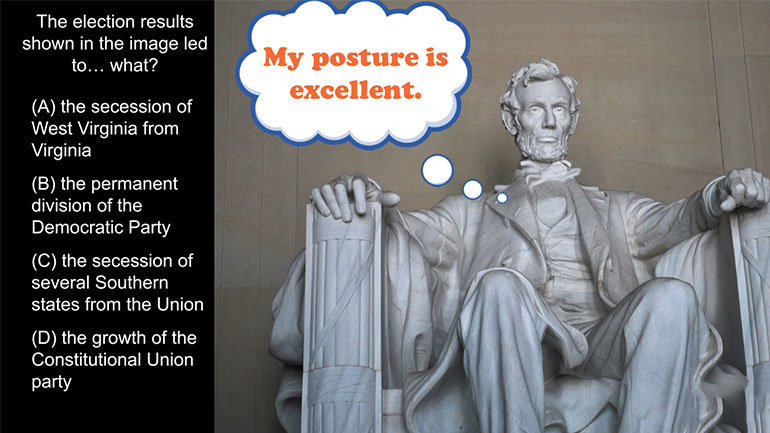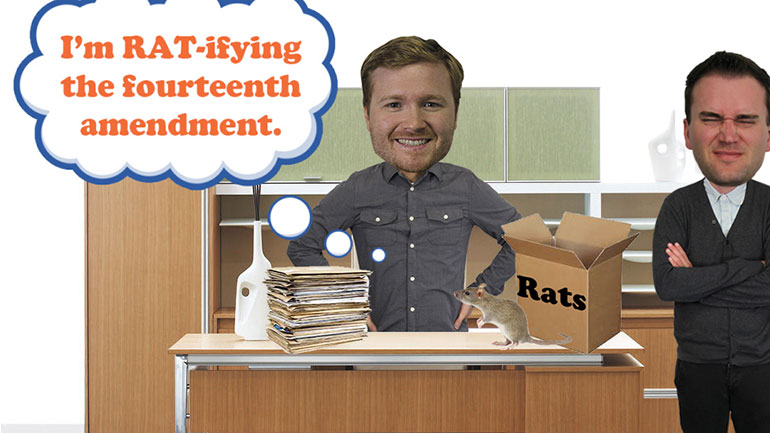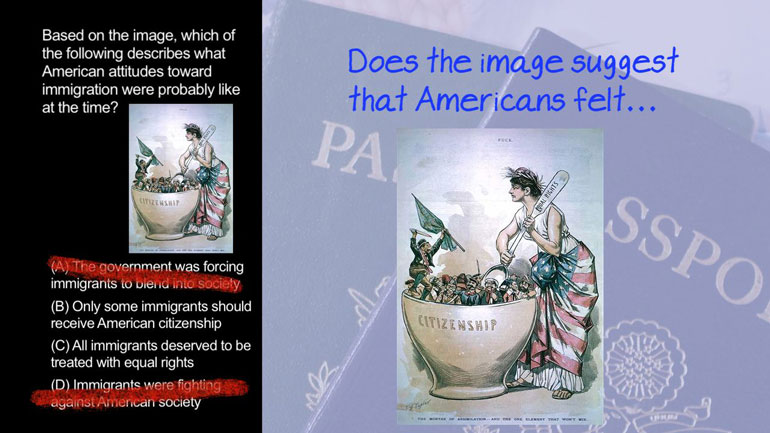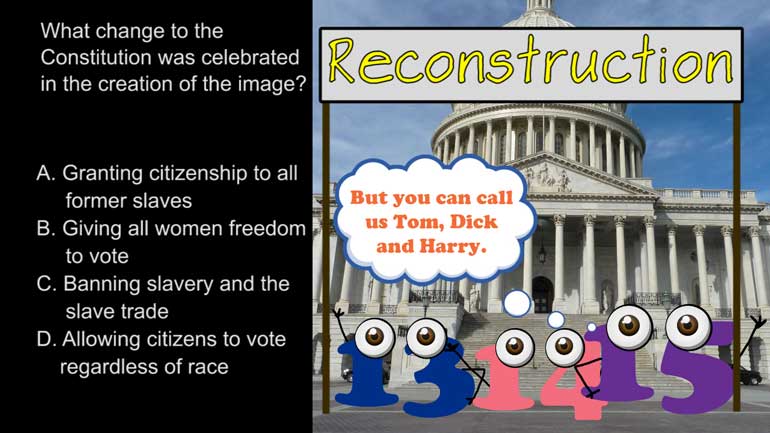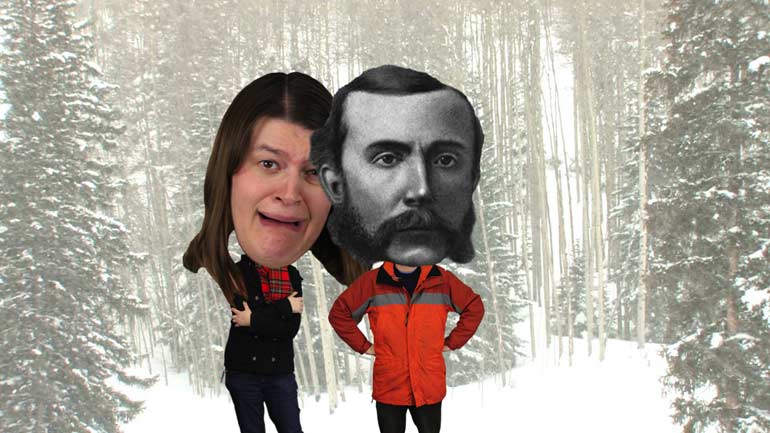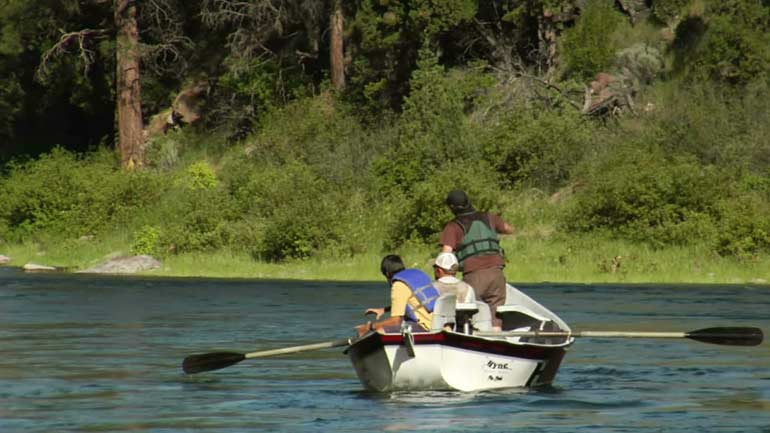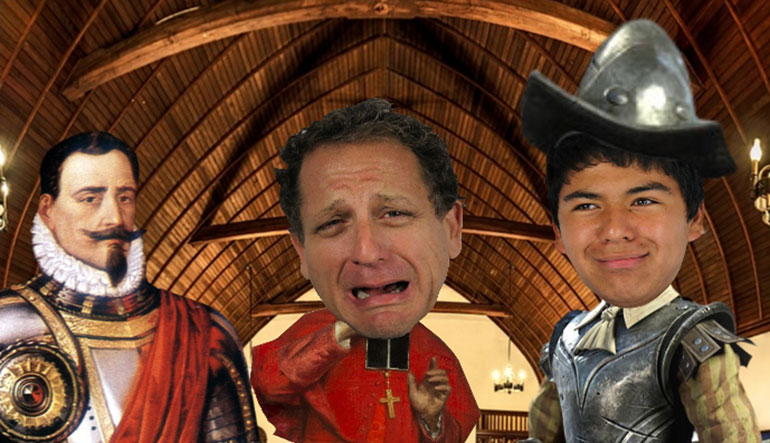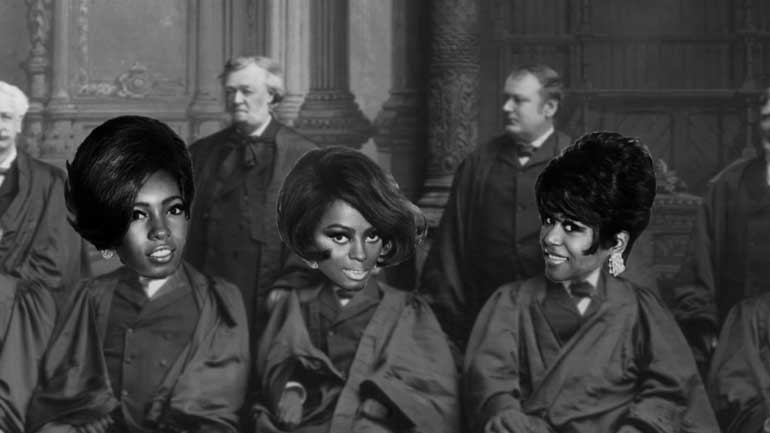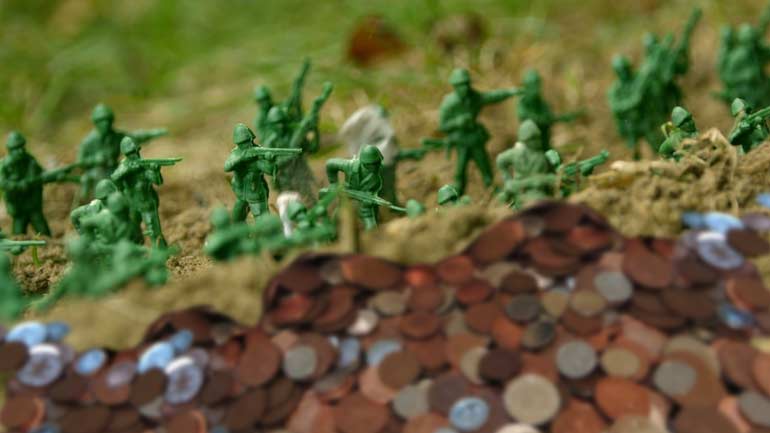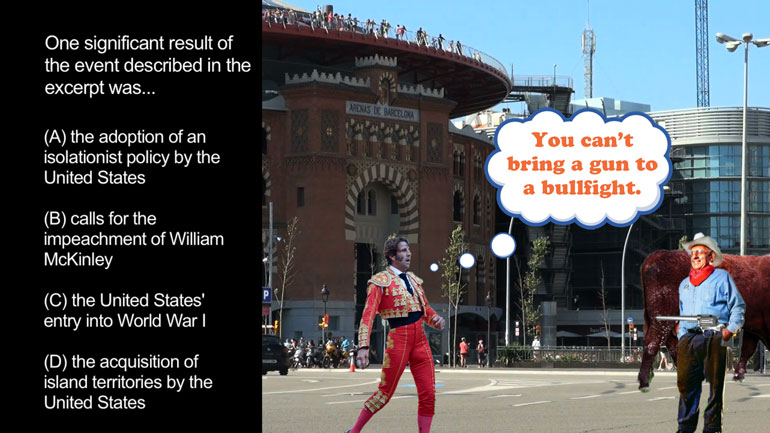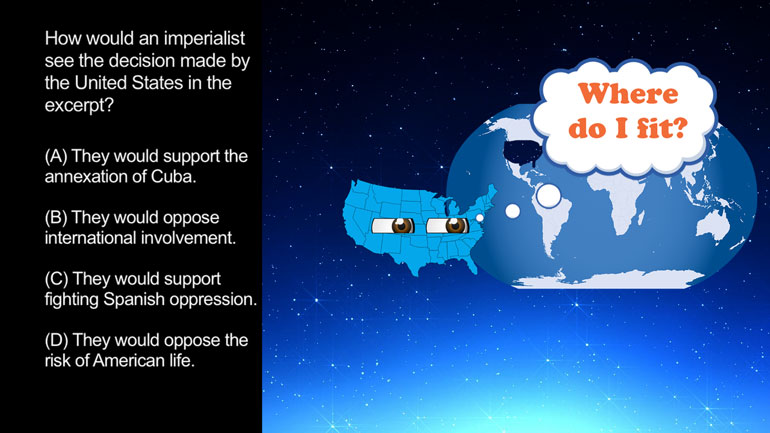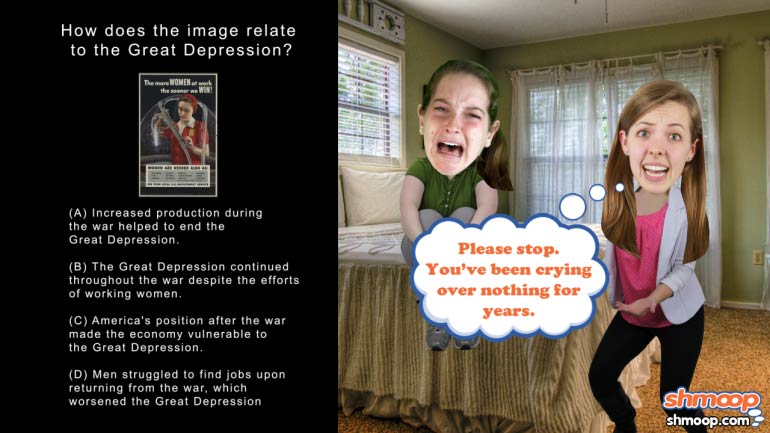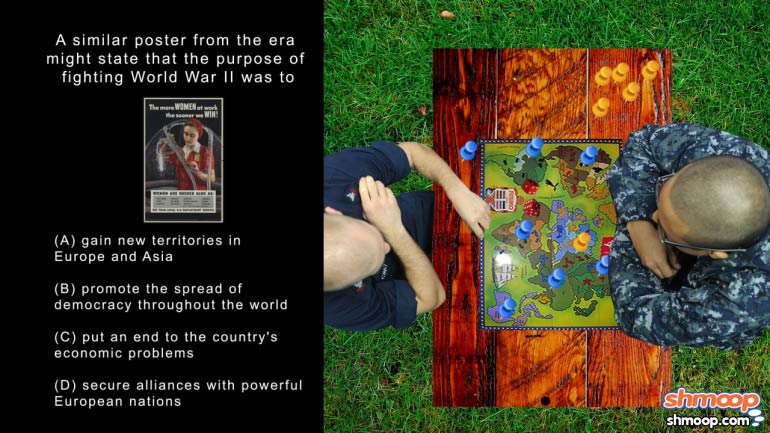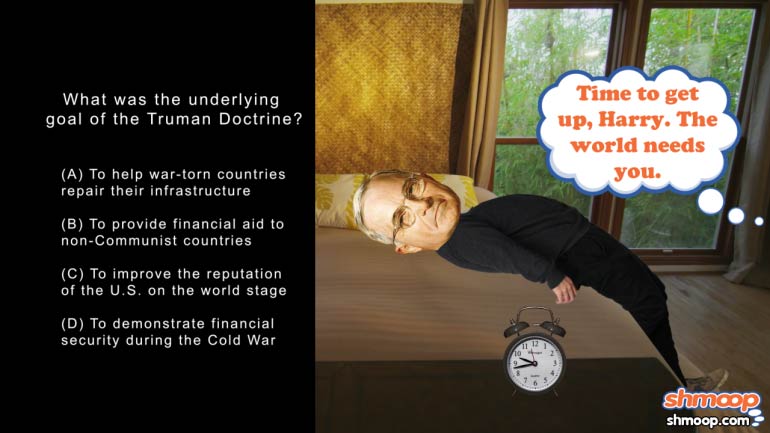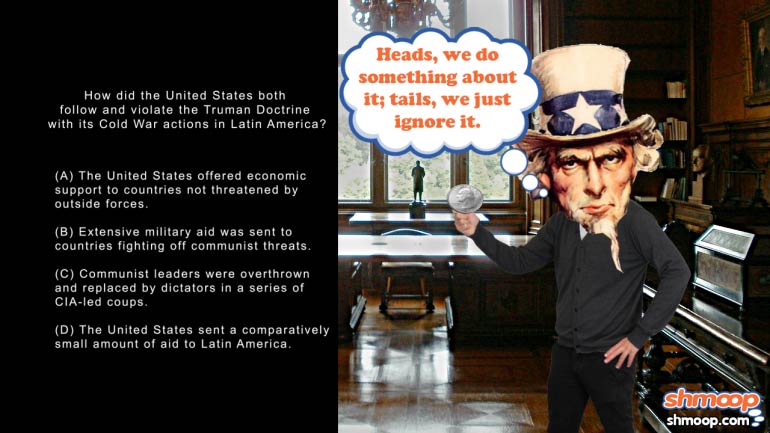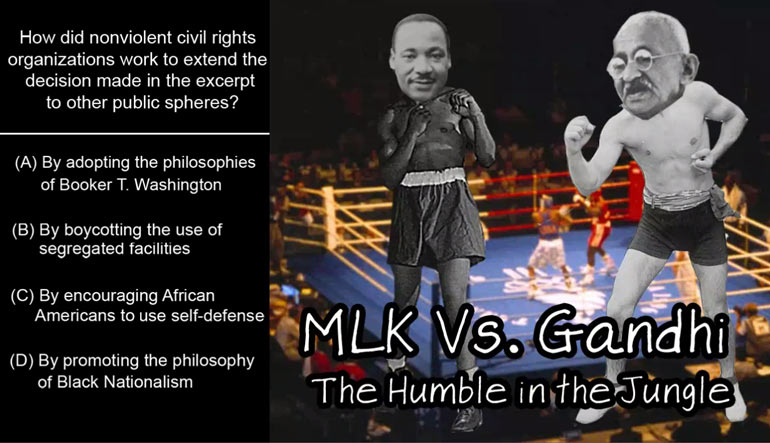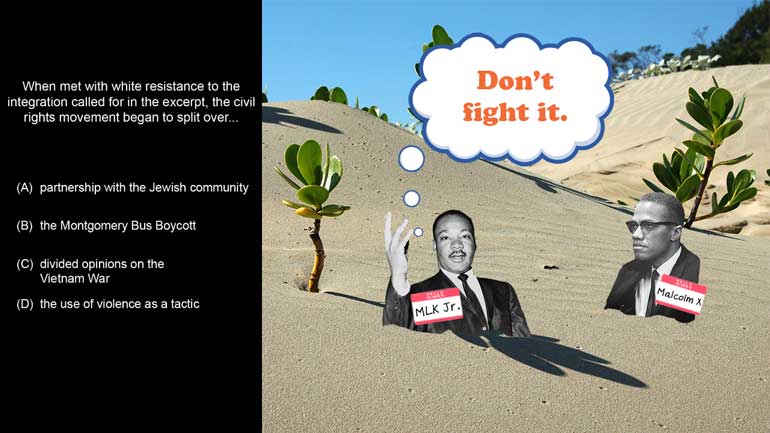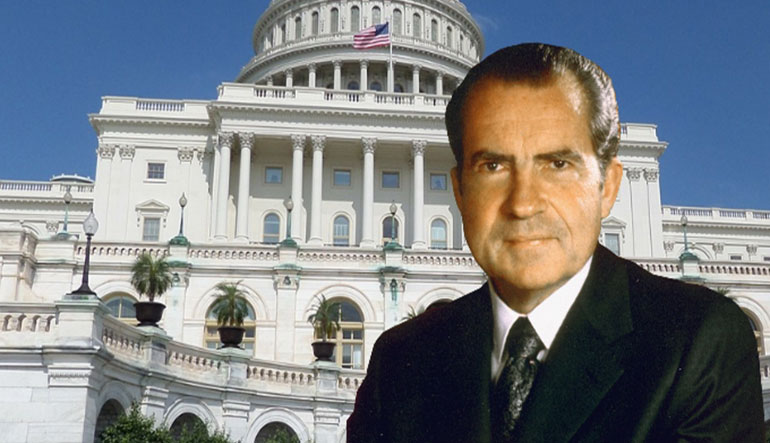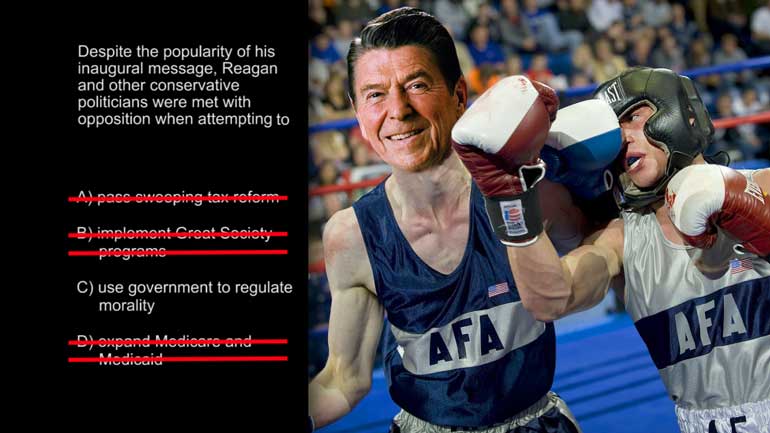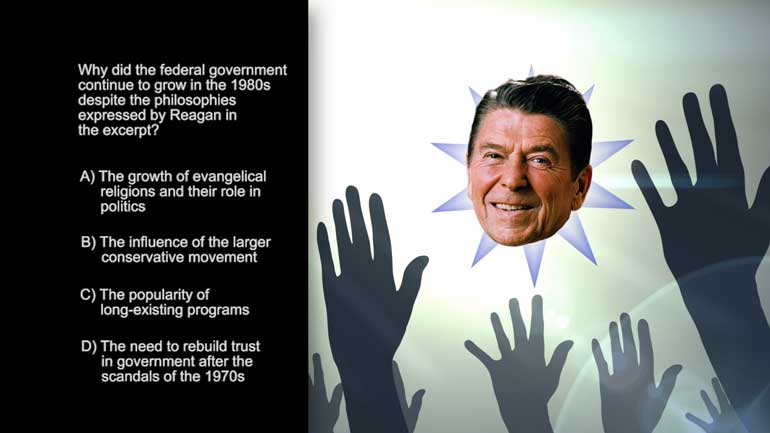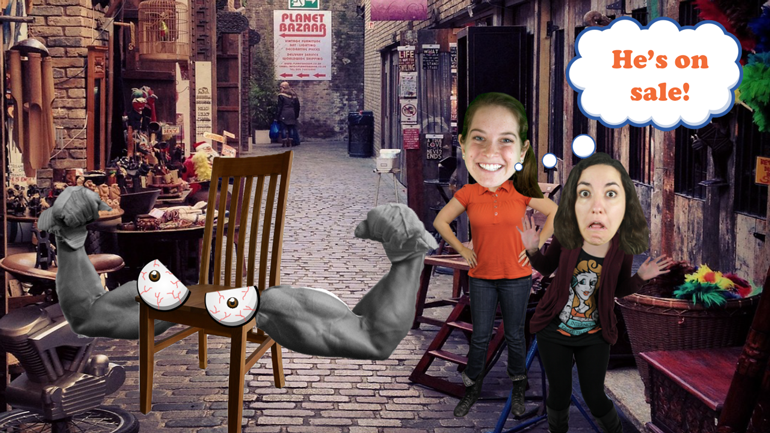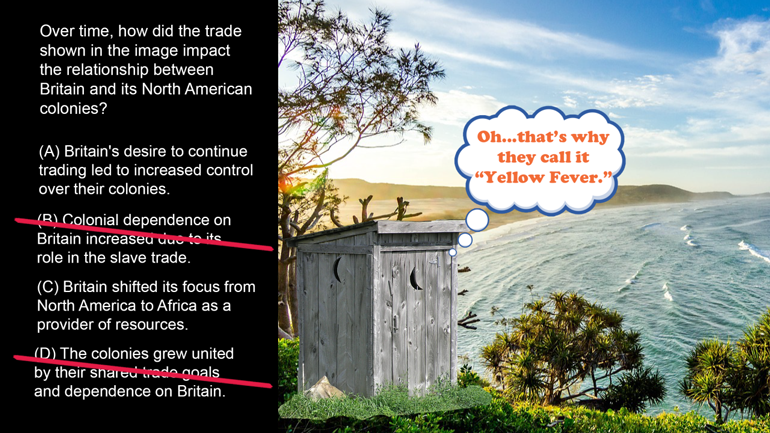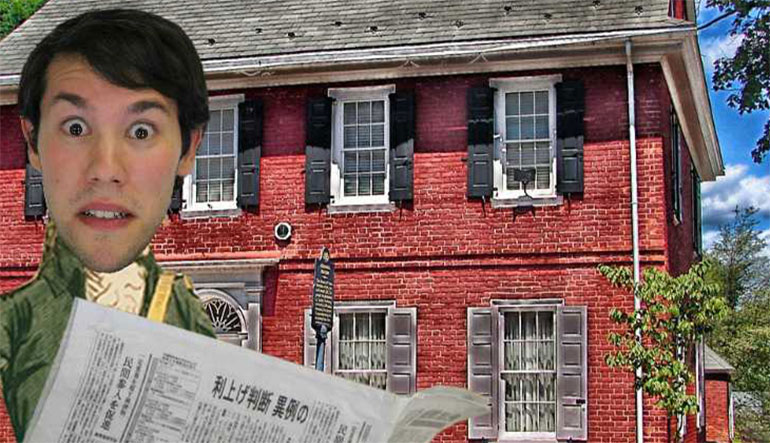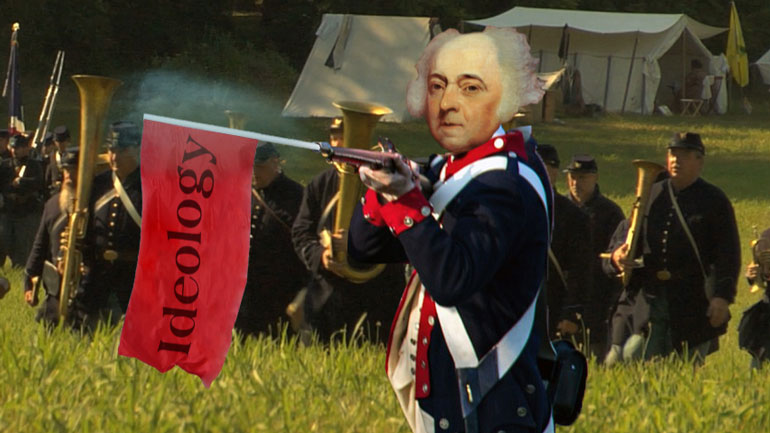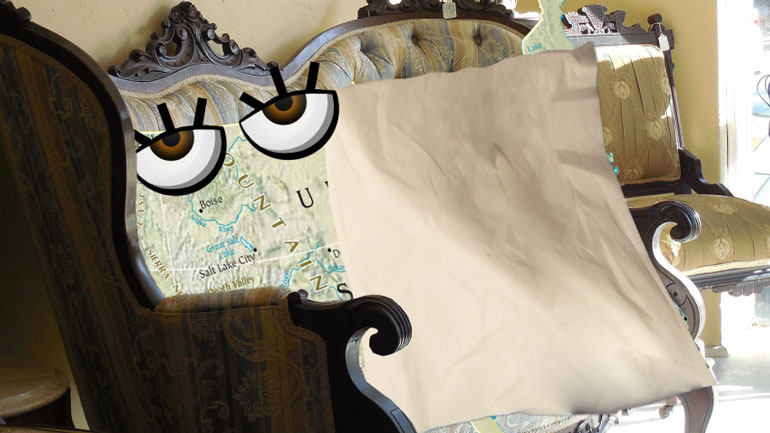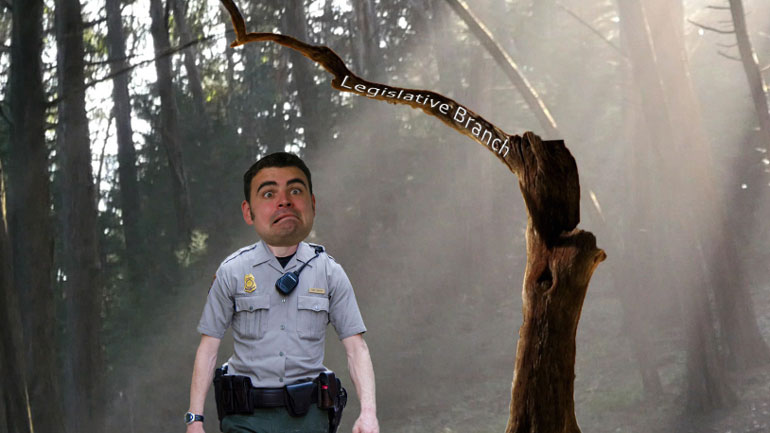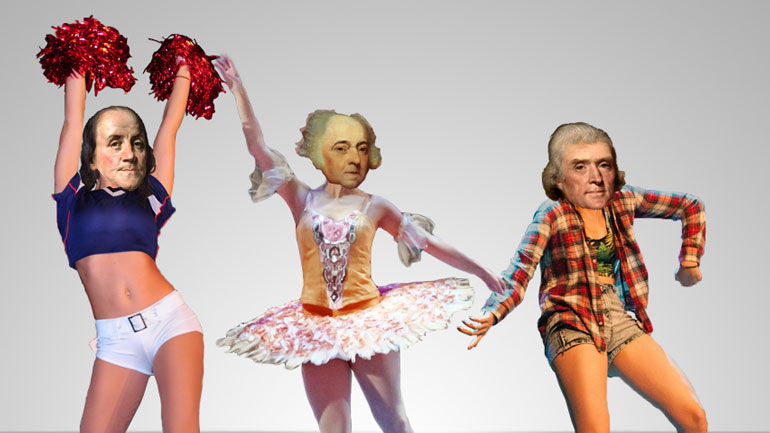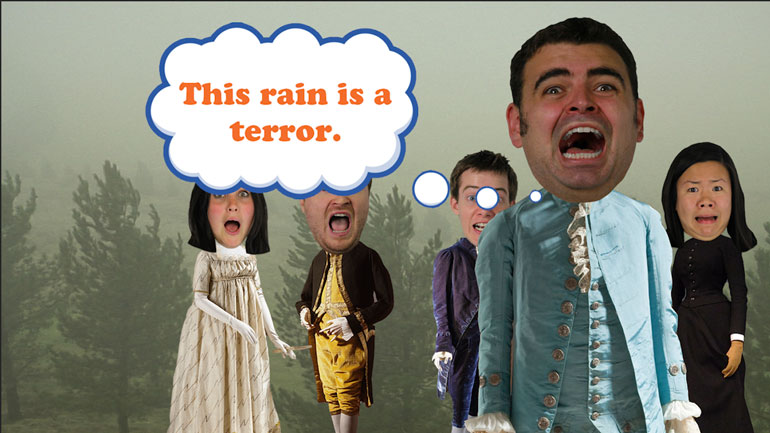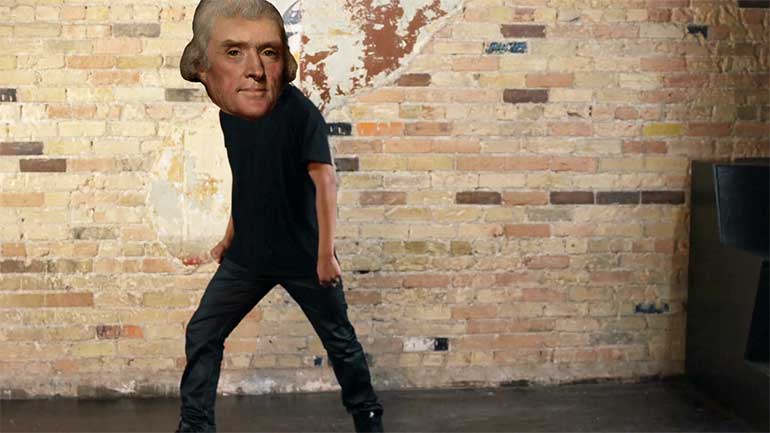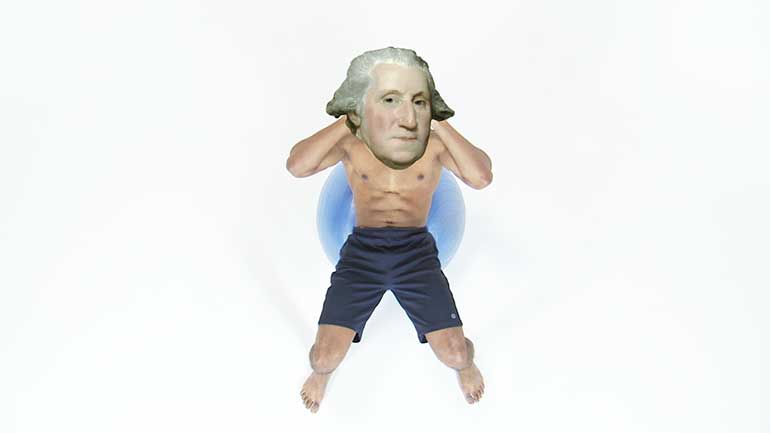ShmoopTube
Where Monty Python meets your 10th grade teacher.
Search Thousands of Shmoop Videos
AP U.S. History Videos 167 videos
AP U.S. History 3.1 Period 2: 1607-1754. Which of the following contributed most directly to the process seen in the image?
AP U.S. History Period 1: 1491-1607 Drill 3, Problem 2. The cultivation of maize, depicted in the image, also played a significant role in which of...
AP U.S. History 3.2 Period 4: 1800-1848. The goals presented in the excerpt have the most in common with which of the following?
AP U.S. History Exam 1.7 173 Views
Share It!
Description:
AP U.S. History Exam 1.7. Over time, how did the trade shown in the image impact the relationship between Britain and its North American colonies?
- Economic and Imperial Goals of Colonizers / English Colonization
- Early British Colonies / Chesapeake and North Carolina
- Early British Colonies / New England
- Early British Colonies / The Middle Colonies
- Early British Colonies / Southernmost Atlantic Coast and British West Indies
- Competition and Conflict Between Europeans and American Indians / The New Atlantic Economy
- Evolving Political and Cultural Attitudes in the Colonies / British Efforts to Regulate the Colonies
- Slavery in the English Colonies / Colonial Participation in the Atlantic Slave Trade
Transcript
- 00:00
[ musical flourish ]
- 00:03
And here's your Shmoop du jour, brought to you by colonial dependence,
- 00:07
an over-reliance on your large intestine.
- 00:10
Okay.
- 00:11
Over time, how did the trade shown in the image - right here -
Full Transcript
- 00:15
impact the relationship between Britain
- 00:18
and its North American colonies?
- 00:20
Hmm. And here are your potential answers.
- 00:22
[ mumbles ]
- 00:28
Okay. After Virginians made it through the first
- 00:31
rough winters at Jamestown
- 00:33
and started growing profitable crops,
- 00:36
Britain knew it had hit the colonial jackpot.
- 00:39
More or less.
- 00:40
Was a result of this lucrative trading system
- 00:42
between and its North American colonies that
- 00:45
B - colonial dependence on Britain
- 00:48
increased due to its role in the slave trade?
- 00:52
Well, quite the opposite, really.
- 00:53
With Atlantic trade flourishing, the colonists grew
- 00:56
increasingly less dependent -
- 00:58
or they grew more independent -
- 01:00
on their mother and father land.
- 01:01
So that knocks out B and D.
- 01:04
Was the impact of the trading system on British-colonial relations
- 01:07
that C - Britain shifted its focus from North America
- 01:12
to Africa as a provider of resources?
- 01:15
Huh. Well, though Africa also had natural resources,
- 01:18
Britain saw the continent more as a means to an end.
- 01:21
A terrible end, really, but an end nonetheless.
- 01:24
So it's not C, either.
- 01:26
That means the triangular trade impacted
- 01:29
the relationship between Britain and its North American colonies because
- 01:32
A - Britain's desire to continue trading
- 01:35
led to increased control over their colonies.
- 01:38
In hopes of staying in power and maintaining strong ties,
- 01:41
Britain responded to the colonies' increasing independence
- 01:44
by tightening the reigns, hoping to solidify their control.
- 01:48
So A is the right answer.
- 01:49
Of course, cracking the whip eventually led to the colonies'
- 01:52
declaration of independence,
- 01:54
robbing Britain of the most valuable jewel in its crown.
- 01:58
Sorry, guys. You should've been more generous with the stock options.
Related Videos
Ever heard of a "living document"? They eat and breathe just like the rest of us! They even walk around on their own two legs. Okay, fine—maybe t...
If the Puritans had gotten their way, religion would play a much larger role in lawmaking these days. Want to know more? Watch the video for all th...
What happened between the creation of the Articles of Confederation and the ratification of the current U.S. Constitution? This video analyzes the...
The Modernists thought the world had a lot of problems, and they were intent on fixing them—or at least talking about fixing them. Unfortunately,...
This video explains Federalism and the quest for a fair balance between state and national power. It covers the progression and compromises of Fede...

